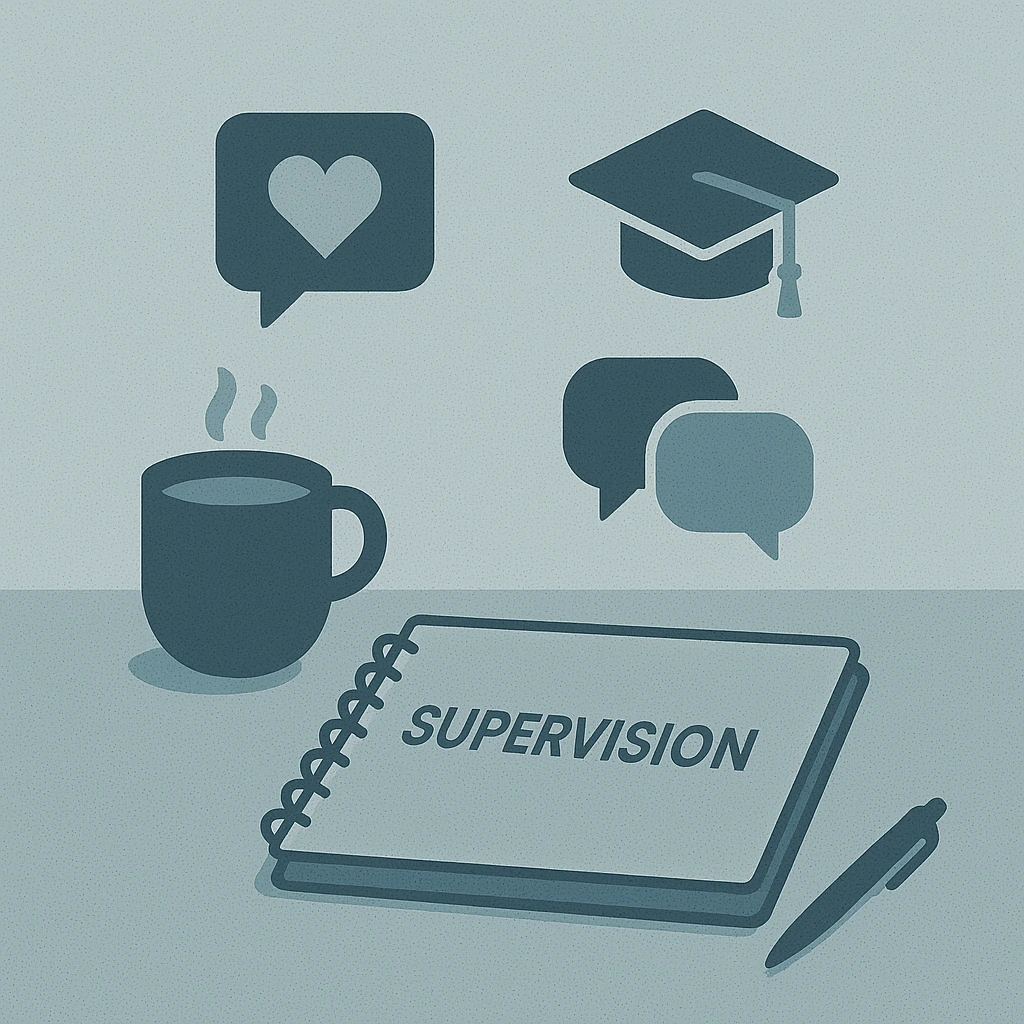In a residential care setting, the key worker is a designated staff member assigned to build a consistent, trusting relationship with a specific child. They are not just a point of contact — they are the anchor for that child’s emotional wellbeing, daily support, and long-term progress.
Professionals in children’s social care must understand the role of the key worker as both a practitioner and an advocate. At Welcare, key working is a core component of our trauma-informed model, woven into every stage of a child’s residential experience.
The Key Worker’s Purpose
The key worker ensures the child:
- Has a trusted adult they can turn to
- Receives individualised support that aligns with their Care Plan
- Feels heard, seen, and emotionally safe
- Has consistent input into decisions affecting their life
- Experiences continuity and structure across placements, transitions, and reviews
For professionals, the key worker acts as the day-to-day observer, intervention lead, and care plan translator within the home.
Key Responsibilities
Therapeutic input
Delivering informal, embedded support based on trauma-informed models
Documentation
Writing daily logs, progress reports, and keywork summaries
Transition planning
Preparing the child for placement moves or independence
Emotional support
Building trust, validating feelings, co-regulating during distress
Advocacy
Representing the child’s wishes at reviews or in multidisciplinary forums
Liaison
Communicating with social workers, IROs, education, and health services
Practical care
Supporting hygiene, routines, organisation, appointments
Key workers also play a critical role in risk assessment, de-escalation, and reflective practice within the staff team.
Key Work Sessions
Dedicated key work sessions may occur weekly or more frequently depending on the child’s needs. These sessions can involve:
- Life story work
- Exploring identity and goals
- Building emotional literacy
- Reinforcing boundaries and expectations
- Reflecting on behaviour patterns or achievements
Working in Partnership
Key workers are often the professional most closely attuned to a child’s evolving needs. They work alongside:
- Social workers (providing weekly updates or raising concerns early)
- Education staff (supporting attendance and confidence)
- CAMHS or MHSTs (triangulating therapeutic goals with daily support)
- Families and carers (facilitating safe contact or relationship repair)
- IROs and advocates (ensuring the child’s voice is accurately represented)
Professional Supervision and Development

Given the emotional intensity of key working, staff require:
- Regular clinical or reflective supervision
- Ongoing training in trauma-informed care, attachment, and safeguarding
- Peer support and case discussions
- Time and space to process emotionally charged events or disclosures
At Welcare, key workers are supervised with the same level of care we expect them to offer the children.
Further Reading
Government Guidance
- Working Together to Safeguard Children – GOV.UK


